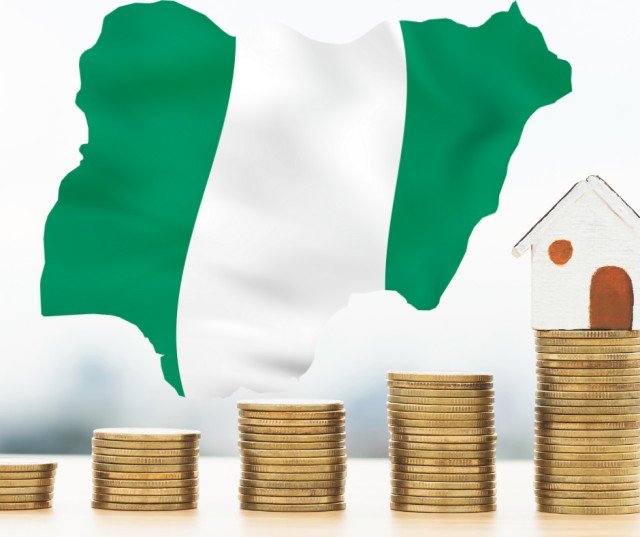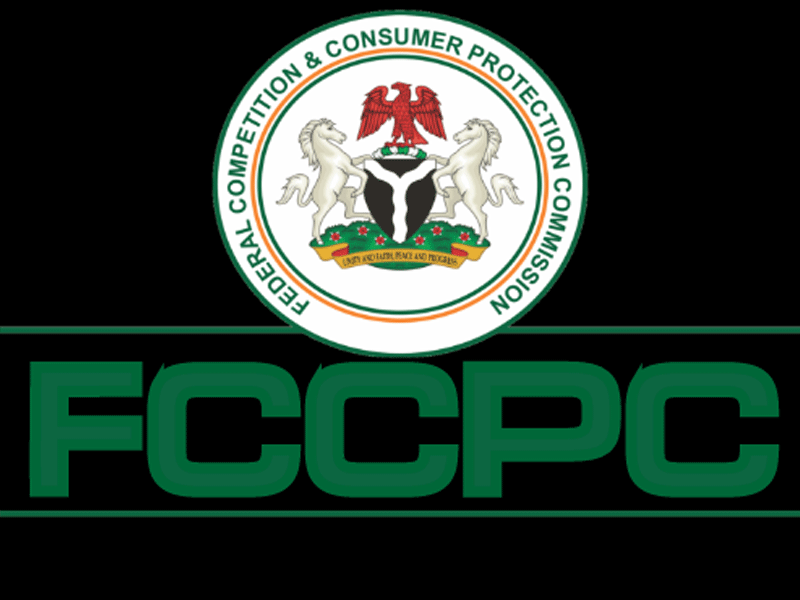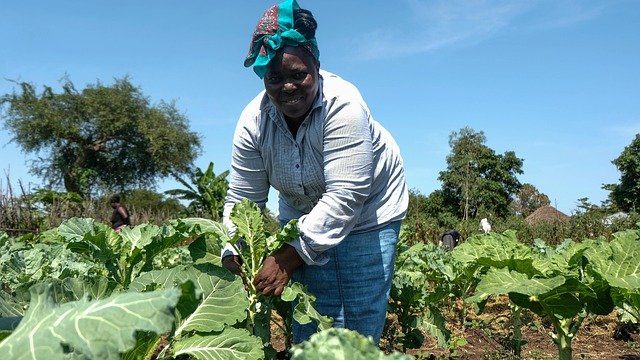Mastercard has recently joined forces with Boost to introduce groundbreaking digital wallets aimed at empowering small and medium-sized enterprises (SMEs) in the African Fast-Moving Consumer Goods (FMCG) sector.
This strategic alliance aims to transform the FMCG industry for distributors, wholesalers, and retailers by integrating Mastercard’s acceptance solutions and offering Boost’s platform-as-a-service for vital working capital access.
Follow me as I expose the amazing partnership between Mastercard and Boost, unveiling groundbreaking digital wallets to empower African SMEs in the FMCG sector in this post.
Improving Small Businesses and Empowering the FMCG Sector
The main objective of the partnership is to provide strong assistance to small companies in the FMCG industry, which is an essential part of Africa’s economy.
With Boost’s flexible platform now available to distributors, wholesalers, and retailers, supply chains may be seamlessly digitalized while receiving essential working capital.
The objective of this program is to improve the overall sustainability and efficiency of SMEs, which will lead to the creation of jobs and more prospects for income.
Entrepreneurial Guidance: Boost’s Objective in the Digital Age
The CEO and co-founder of Boost, Mike Quinn, highlighted the company’s goal of empowering small businesses in the digital economy while expressing excitement about the scaling collaboration with Mastercard.
Quinn emphasized Boost’s history of success in expanding into developing nations and forming strong alliances to digitize supply chains. The partnership with Mastercard is viewed as a critical step in boosting Boost’s global aspirations and generating transformative value for partners and consumers.
Mastercard’s Commitment to Digital Solutions for Financial Inclusion
Mastercard’s Folasade Femi-Lawal, Country Manager and Area Business Head for West Africa reaffirmed its dedication to promoting MSME growth in developing markets by utilizing cutting-edge digital solutions.
Mastercard wants to make it easier for MSMEs to get credit and grow their businesses by digitizing payments, generating transaction records, and offering integrated digital payment solutions and supply chain finance.
This cooperative endeavor is indicative of a dedication to supporting regional financial inclusion and economic progress.
Mastercard And Boost Collaborate To Introduce Cutting-Edge Digital Wallets For SMEs Throughout Africa
Positive Path: The Influence of Teamwork
A new path toward enabling SMEs has begun with Mastercard and Boost’s partnership.
Acknowledging the difficulties that small businesses confront, Mastercard and Boost want to make it easier for more MSMEs to obtain loans by digitizing payments and creating transaction records.
Digital payment solutions and supply chain finance combined have the potential to give MSMEs the edge that they need to grow in a business environment that is changing quickly.
Boosting Digital Solutions to Empower Financial Institutions
The partnership reaches out to financial institutions in addition to directly helping small businesses.
The agreement opens access to the micro-retail industry by giving these organizations the power to provide digital payment solutions.
By helping merchants digitize payments and obtain working capital, this development promotes a stronger and more diverse financial sector.
Motivating Economic Growth: A Forward-Looking Method
The cooperation between Mastercard and Boost is more than just business; it is an innovative strategy for promoting economic expansion.
Digital wallet integration for SMEs promotes economic sustainability overall, job development, and revenue generation.
Through addressing the unique requirements of FMCG companies, this partnership establishes a model for upcoming projects aimed at empowering small businesses throughout Africa.
Frequently Asked Questions
1. How does the Mastercard and Boost partnership benefit small businesses in the FMCG sector in Africa?
Answer: The partnership between Mastercard and Boost benefits small businesses in the FMCG sector in Africa by providing access to Boost’s platform-as-a-service for essential working capital and integrating Mastercard’s acceptance solutions.
This collaboration aims to digitize supply chains, empower distributors, wholesalers, and retailers, and ultimately enhance the efficiency and sustainability of SMEs.
2. What specific challenges does the collaboration address for small businesses in Africa’s FMCG sector?
Answer: The collaboration addresses challenges such as limited access to working capital, inefficient supply chains, and the lack of digital payment solutions for SMEs in the FMCG sector.
By providing a comprehensive platform, the partnership aims to enable businesses to overcome these challenges, digitize payments, and access credit facilities for scaling operations.
3. How will digitizing payments and creating transaction histories help MSMEs in Africa?
Answer: Digitizing payments and creating transaction histories will allow MSMEs in Africa to establish a track record, making it easier for them to access credit facilities.
This, in turn, facilitates business growth and financial inclusion, as financial institutions can assess the creditworthiness of businesses based on their digital payment history
4. What role does Boost’s platform-as-a-service play in this partnership?
Answer: Boost’s platform-as-a-service is a key component of the partnership, providing small businesses with access to essential working capital.
The platform facilitates end-to-end digitization of supply chains between manufacturers and point-of-sale retailers, contributing to the overall efficiency and sustainability of businesses in the FMCG sector.
5. How does the collaboration contribute to job creation and income generation in Africa?
Answer: The collaboration contributes to job creation and income generation by empowering small businesses to thrive in the digital economy.
As businesses in the FMCG sector scale and become more efficient through digitization, they are likely to create more job opportunities, stimulating economic growth and providing increased income opportunities for individuals involved in the supply chain.
6. What innovative features are expected from the digital wallets launched by Mastercard and Boost for SMEs?
Answer: The digital wallets launched by Mastercard and Boost for SMEs are expected to offer innovative features such as seamless digitization of payments, transaction tracking capabilities, and integrated supply chain finance solutions.
These features aim to provide SMEs with the necessary tools to streamline their operations and enhance their overall financial management.
7. How does the collaboration extend its benefits to financial institutions and the micro-retail space?
Answer: The collaboration extends its benefits to financial institutions by providing them with the capability to issue digital payment solutions.
This opens up opportunities for financial institutions to expand into the micro-retail space, empowering merchants to digitize payments and access working capital. The result is a more inclusive and robust financial ecosystem.
8. What sets Boost’s model apart in scaling across emerging markets, as mentioned by CEO Mike Quinn?
Answer: Boost’s model stands out in scaling across emerging markets due to its strong partnerships that focus on digitizing end-to-end supply chains.
This collaborative approach, as emphasized by CEO Mike Quinn, has proven successful in building a track record in emerging markets and forms the foundation for the transformative value expected from the partnership with Mastercard.
9. How does the collaboration align with the broader goals of fostering economic growth and financial inclusion in emerging markets?
Answer: The collaboration aligns with the broader goals of fostering economic growth and financial inclusion by addressing the specific needs of MSMEs in emerging markets.
Through the delivery of integrated digital payment solutions and supply chain finance, Mastercard and Boost aim to empower businesses at the grassroots level, contributing to sustainable economic development.
10. What can we expect in terms of the global ambitions mentioned by Boost’s CEO, Mike Quinn, through this partnership with Mastercard?
Answer: Through the partnership with Mastercard, Boost’s CEO, Mike Quinn, envisions taking their model to the next level and fueling global ambitions.
This likely involves leveraging Mastercard’s global reach and expertise to expand the impact of Boost’s platform-as-a-service and digital payment solutions, potentially reaching SMEs beyond the African continent and contributing to global economic empowerment.
In Summary
In conclusion, the cooperation between Mastercard and Boost to introduce innovative digital wallets for SMEs in Africa is evidence of the effectiveness of teamwork in promoting financial inclusion and economic progress.
These enterprises are not only meeting the urgent requirements of small businesses in the FMCG sector by utilizing technology and financial skills, but they are also building the groundwork for a more resilient and digitally empowered business ecosystem throughout the continent.
This project’s success could lead to other partnerships and projects with the same goal of empowering SMEs and promoting sustainable economic development in emerging markets.






